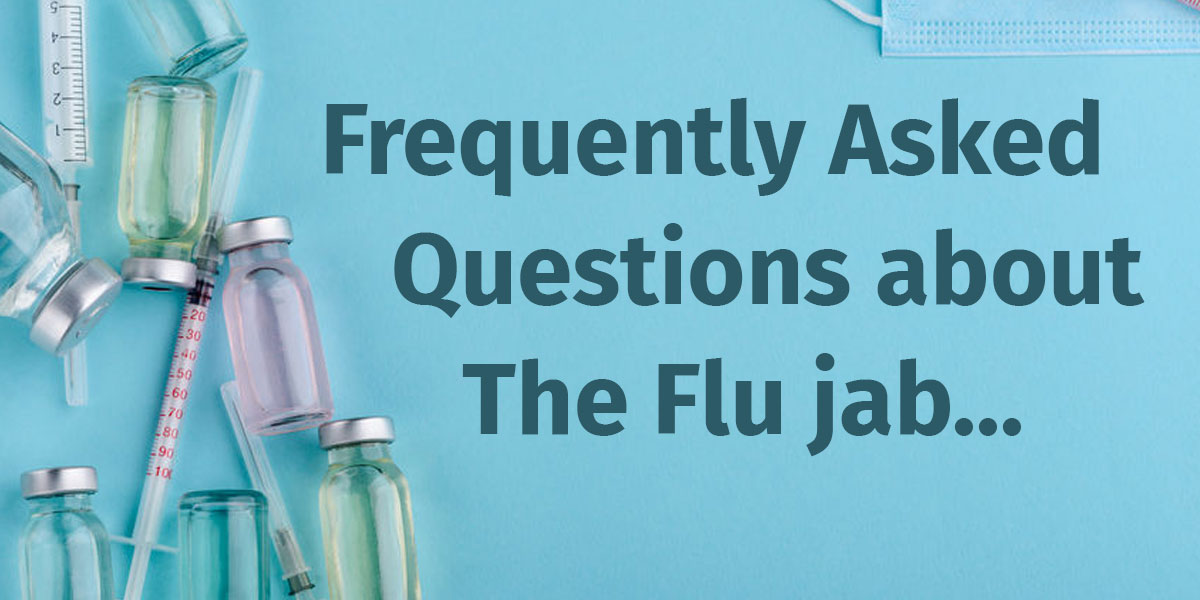Frequently Asked Questions about the flu vaccination
Below are answers to some of the frequently asked questions people ask about flu and the flu vaccination.
You can get the flu from a flu jab? False
This myth really caught on over the years. Flu jabs are made with dead viruses or pieces (proteins) from the flu virus. You can’t catch the flu from getting one. Your arm might hurt after the jab. You might have aches or a low fever. But you’d feel a lot worse if you caught the flu.
You can spread the flu before you know you’re sick? True
Here’s one of the tricky things about the flu: You can pass it to someone before you have symptoms, while you’re sick, and up to a week after you start feeling bad. Some people, especially kids and those with weakened immune systems, can be contagious even longer.
The flu isn’t serious? False
Some people get so sick that they need to go to the hospital. They can get pneumonia or even respiratory failure. The flu is most dangerous for children, people ages 65 and older, and those with other health problems. About 90% of people who die from the flu are older adults. Flu is the top cause of vaccine-preventable deaths.
Who should get the flu jab? Everyone
Getting the flu jab is the best way to protect yourself. Everyone 6 months and older should get it every year. It will help guard you against the 3 or 4 strains predicted to strike hard that flu season. Scientists update the vaccine each year. Talk to your doctor if you have any health concerns or questions.
The flu virus changes all the time. True
The flu that’s keeping your partner in bed might not be the same one that made your aunt sick last year. That’s because flu viruses are always changing. They can vary from year to year. They can even change in the middle of a flu season.
Getting a flu vaccine in December is too late? False
Its recommended that people get vaccinated as soon as the vaccine becomes available and that vaccination continue in December, January and beyond. Influenza activity normally peaks in February most years, but disease can occur as late as May.



 Back
Back Top
Top